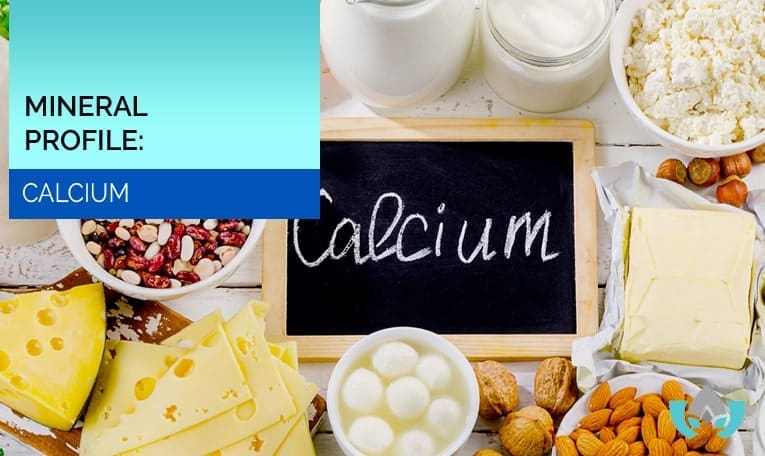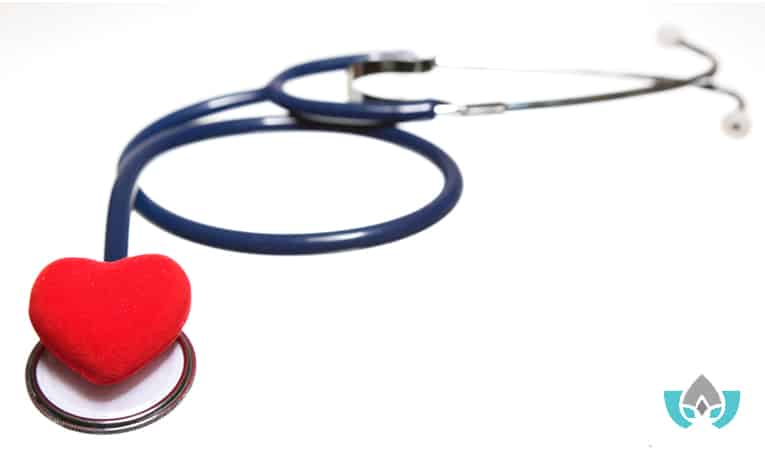
Calcium is a nutrient essential to all forms of life.
This, of course, includes us.
It’s vital for a number of different functions and is also the most plentiful mineral to be found in your body.
99% of your calcium is located in your bones and teeth.
They’re literally your body’s calcium reserves and if you’re low on calcium, then your body will automatically dip into it.
That’s not usually a good thing.
But, the good news is that even though your body doesn’t produce calcium on its own, calcium can be found in a variety of natural foods; plus there are many supplements available if required.
We’ll go more into details below.
Remember, at The Mindful Healing Clinic we offer nutritional counselling in Mississauga that is grounded in both conventional and naturopathic medicine.
What Is Calcium
Calcium is a nutrient that is an essential building block required in maintaining healthy bones and teeth.
It is also known for helping to manage blood pressure, circulating blood, regulating hormones, and carrying messages from your brain to the rest of your body.
The Calcium-Vitamin D Link
There is a vital link between calcium and vitamin D: you need vitamin D in order to absorb calcium into your bones.
Even if you have a calcium rich diet, your body won’t be able to absorb it, if you’re low on vitamin D.
Like calcium, vitamin D is found in many foods like salmon, egg yolks and certain mushrooms.
Your skin also creates vitamin D when it’s exposed to the sun.
It’s early February at the time of publishing this article, and if you live in Canada and aren’t supplementing your vitamin D, chances are you’re deficient in it.
Remember, calcium depends on vitamin D, so don’t forget to maintain ample levels of both.
What Are The Benefits Of Calcium?
The main benefits your body receives from calcium are the maintenance of bone, muscle and heart health.
It is also a co-factor for many enzymes and necessary for them to work efficiently.
Finally, it is suggested that consuming enough calcium can result in a lower risk of developing high blood pressure during pregnancy, can lower pressure overall and improve cholesterol values.
Let’s dive further into each of the three main benefits.
1. It Keeps Your Bones Healthy
Calcium is essential for the growth, development, and maintenance of your bones.
For children, calcium supports the development of their bones as they grow.
Then, once grown, calcium both maintains your bones and slows down the loss of bone density, a natural part of the aging process.
This is especially important for those who have already experienced menopause and are at a higher risk of developing osteoporosis due to decreased estrogen levels.
2. It Keeps Your Muscles Healthy
Calcium helps to regulate muscle contractions.
Your body releases calcium when a nerve stimulates a muscle to move.
The role of calcium is then to support the proteins in your muscle in order to carry out the contraction.
Your muscle will relax when your body pushes calcium out of your muscle.
This happens every time you move a muscle, which is why it’s so essential.

3. It Keeps Your Heart Healthy
Calcium’s role in muscle function includes maintaining your heart (which is a muscle), which contracts every time it beats.
Calcium also plays an important role in the complex process of blood clotting.
Dietary Sources Of Calcium
Some food sources of calcium include:
- Yogurt
- Milk
- Sardines and salmon
- Cheese
Non-dairy sources of calcium include:
- Tofu
- Legumes and grains
- Leafy green vegetables like broccoli, watercress and kale
Symptoms Of Calcium Deficiency
Calcium deficiency can manifest as a variety of symptoms and increased health risks at any point in your life.
As a child, if you don’t get enough calcium you may not grow to your full height potential.
Later in life, a calcium deficiency can increase the risk of developing osteoporosis, or frail bones that can easily break.
What Happens If You Get Too Much Calcium?
Too much calcium can have negative side effects that can manifest as symptoms such as constipation, gas and bloating.
It may also increase your risk of kidney stones and can rarely cause high calcium levels in your blood, also referred to as hypercalcemia.
One important potential risk is the development of calcium accumulation in the walls of your blood vessels. This triggers the deposit of oxidized cholesterol and plaque formation, particularly harmful in the coronary arteries which are the ones bringing blood to the heart, resulting in a heart attack when blocked.
Should You Take A Calcium Supplement?
As with all nutrients, it’s important to get just the right amount for your body.
This means that sometimes, you may not receive the required amount of calcium from diet alone.
This is especially true if you’re lactose intolerant, vegan, or not a fan of dairy in general.
Then, you may want to look into getting a calcium supplement.
But always remember to take it along with vitamin D and other important nutrients for your bone; never by itself.
Also, it’s important to remember that supplements do have side effects.
You should consult with your naturopathic doctor to see if a supplement is the right choice for you.
Book An Appointment With The Mindful Healing Clinic
To summarize, calcium is essential to the maintenance of your overall health.
Too much or too little can cause further health complications.
It’s important to get just the right amount that’s perfect for your body, whether through natural foods or by taking supplements.
At The Mindful Healing Clinic, we are passionate about providing solutions tailored to your healthcare needs.
If you’re unsure about your current calcium intake, book an appointment today.
Until next time,
Dr. Maria Cavallazzi, N.D
Mindful Healing Naturopathic Clinic
Mississauga, ON L5M 1L7
(905) 819-8200
► https://g.page/MindfulClinicNaturopathic
Dr. Maria Cavallazzi is a medical doctor from Colombia where she practiced as a family physician for 8 years until she moved to Canada 16 years ago and became a naturopathic doctor in Mississauga.


